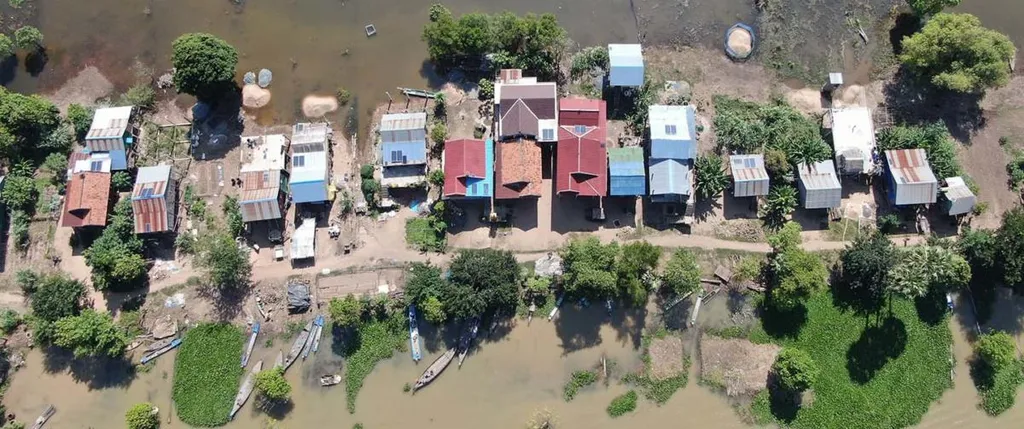In the heart of Namibia, a remote village is set to become a beacon of sustainable energy innovation, thanks to a groundbreaking study published in the journal *Energies*, translated to English. Researchers, led by Ramia Ouederni from the Computer Laboratory for Electrical Systems at the University of Carthage in Tunisia, have demonstrated how advanced artificial intelligence (AI) techniques can revolutionize the design of hybrid microgrids, offering a lifeline to off-grid communities.
The study focuses on a Namibian village with abundant solar irradiation but limited wind resources. By leveraging NASA data, Ouederni and her team designed an autonomous hybrid system comprising solar photovoltaic arrays, wind turbines, storage batteries, and a backup generator. The goal was to create a robust, cost-effective energy solution tailored to the village’s specific needs.
The researchers employed HOMER Pro software for system simulation and took their analysis a step further by integrating two metaheuristic algorithms: Grey Wolf Optimization (GWO) and Harris Hawks Optimization (HHO). These AI-driven techniques are designed to optimize complex systems by mimicking the natural behaviors of grey wolves and hawks, respectively.
The results were impressive. The Grey Wolf Optimization algorithm outperformed its counterpart, achieving a remarkable minimum energy cost of USD 0.268 per kilowatt-hour. “This study demonstrates that advanced optimization techniques can significantly enhance both the financial viability and energy production efficiency of hybrid systems,” Ouederni explained. “By harnessing the power of AI, we can create sustainable electricity supply regimes that are both cost-effective and reliable.”
The implications of this research extend far beyond a single village in Namibia. For the energy sector, the integration of AI into hybrid microgrid design offers a promising avenue for addressing energy insecurity in remote and isolated communities. The use of space-based data and advanced optimization algorithms can lead to more efficient, cost-effective, and sustainable energy solutions.
As the world grapples with the challenges of climate change and energy poverty, innovations like these are crucial. “This research is a testament to the potential of AI in transforming the energy landscape,” Ouederni added. “By co-optimizing hybrid systems, we can pave the way for a more sustainable and equitable energy future.”
The study not only highlights the importance of leveraging space assets and renewable energy sources but also underscores the role of AI in driving innovation in the energy sector. As we look to the future, the integration of these technologies will be key to achieving sustainable development goals and ensuring energy access for all.

